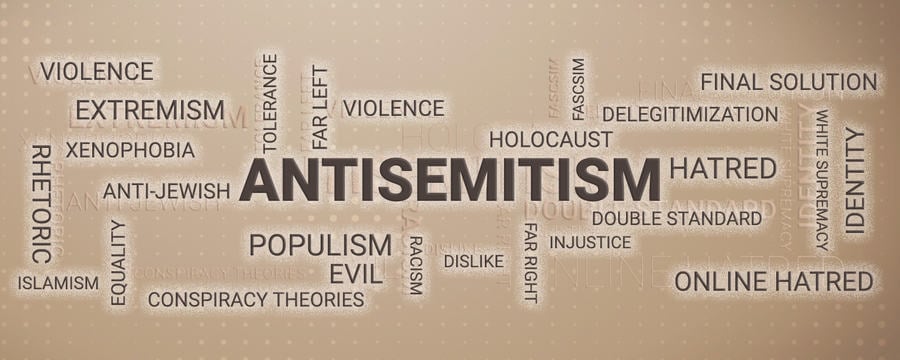Home / History / Military History / Antisemitism: From Its Origins to the Present / Emancipation: New Possibilities and New Perils
This article is from the free online
Antisemitism: From Its Origins to the Present


Reach your personal and professional goals
Unlock access to hundreds of expert online courses and degrees from top universities and educators to gain accredited qualifications and professional CV-building certificates.
Join over 18 million learners to launch, switch or build upon your career, all at your own pace, across a wide range of topic areas.




